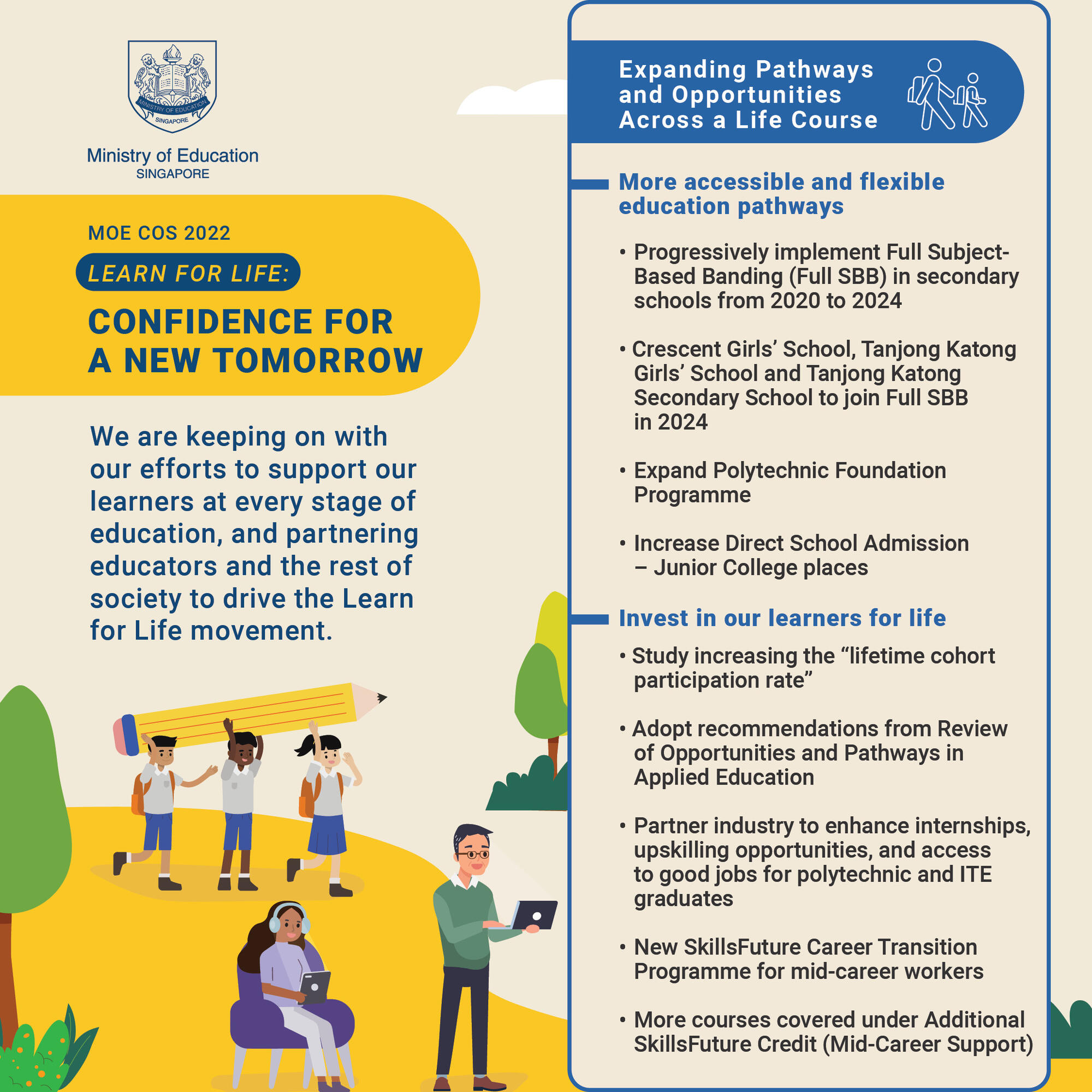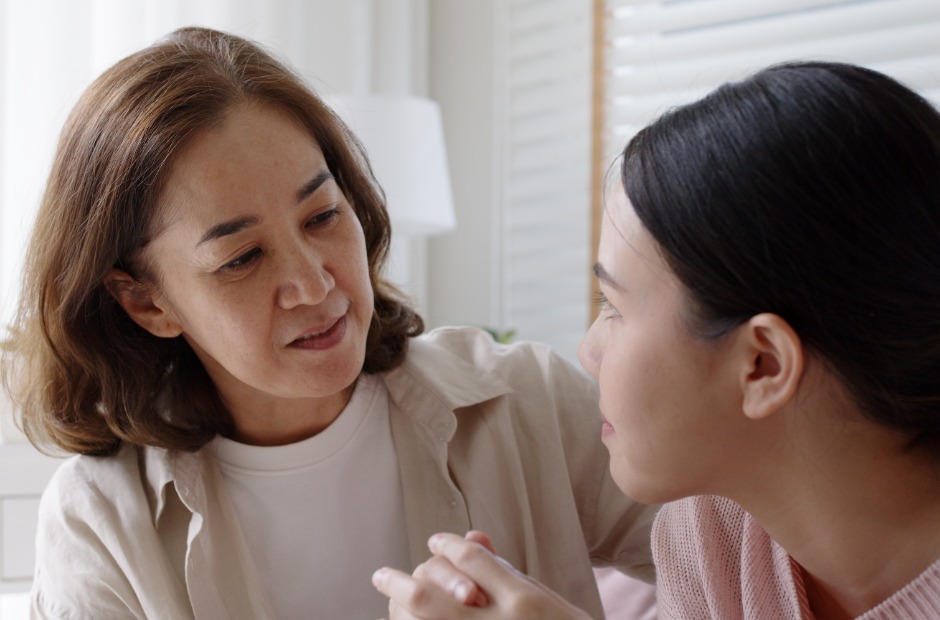Setting up a Successful Parent Support Group
11 Apr 2008
Mrs Jane Koe was instrumental in forming Ngee Ann Primary School’s Parent Support Group (PSG), which was featured on Schoolbag in January. Currently the PSG chairperson, she shares some lessons on setting up and running a PSG.
Q: How did the PSG at Ngee Ann Primary School begin?
A: When my son Sean was in Pri 4 in 1995, I had a chat with an English teacher who mentioned that some Pri 1 pupils were having difficulty reading. With two other parents, we began reading to these pupils. Later, we helped out during the staff Contact Time. As more parents took an interest in becoming involved with the school’s activities, we set up the PSG in September 1999 with 30 members. Today, the membership stands at about 100 – we have some grandparents too!
Q: What should a parent consider before setting up a PSG at his/her child’s school?
A: First of all, the need for parent support must be identified by the school. When the principal and staff are open to parent involvement, the spirit of volunteerism will surface readily.
The next important factor is passion. To set up a PSG and to keep it going, one needs to have tremendous affection for the children, as well as commitment and patience to handle different expectations.

PSG members Mdm Koh Bee Yen and Mdm Sharon Wang demonstrate how to make tang yuan during Racial Harmony Day.
Q: How do you get fellow parents to join the PSG?
A: Parents nowadays understand that when their child sees them actively involved with school activities, the child feels a sense of belonging to the school. With caring parents playing their part amidst an unknown environment, the child feels more settled. That is why we ask parents to join us during Orientation Day, when Pri 1 pupils come to be familiarised with the school and teaching staff.
We also send out invitations to parents, where we list the activities handled by the PSG, together with the timings. Interested parents can indicate whether they will volunteer on a daily or weekly basis. For busier parents, we have ad hoc activities like accompanying pupils on excursions. These one-off tasks give parents the opportunity to be with their child for a day without sacrificing too much of their annual leave.
Q: What skills and experiences can parents bring to a PSG?
A: Our parents are multi-talented. We have parents who are artistically and musically inclined, computer-adept, multilingual, sports-oriented, experienced storytellers, mentors and/or simply keen shoppers. They serve in the Chinese orchestra, computer labs, conversational Mother Tongue groups, Sports Day and Big Walk, library, canteen and road safety and go on learning journeys to, say, a supermarket. I am happy to say we are never short of volunteers!

Another Racial Harmony Day activity had PSG member Mdm Lim Beng Choon show students how to make ketupat.
More importantly, parents bring with them a willingness to participate and co-operate with the school and other parents. They show dedication and commitment to their chosen field of PSG activity. An example is the Emergency Drill exercise. Parent volunteers were recruited as “casualties”. The parents took their role so seriously the pupils thought it was a real emergency!
During last year’s Teachers’ Day Concert, the mothers who performed a rock’n’roll dance item decided to perform another dance for Children’s Day. They so enjoyed the camaraderie that they formed a PSG Dance Mama group. Now we have a “resident” performing group for all our school functions!
Every Friday during recess, pupils are treated to art and craft and storytelling sessions. An offshoot of this is an initiative by a PSG mum to tell stories to lower primary students every Tuesday. The pupils eagerly look forward to listening to her stories and poems. The pleasant result was that NLB staff who visited the school were overwhelmed by the number of students wanting to borrow books. I am happy to say the PSG had a hand in this by providing a conducive environment for students to read.
Q: How do you maintain a close dialogue with the school?
A: We appreciate the fact that the school looks upon us as partners. The PSG works closely with the vice-principal, Mrs Pawa Mong Jee, and the PSG co-ordinator, Mdm Noor Aini. Whenever there is a school activity which requires parent support, Mdm Aini channels the request to the PSG and our members will volunteer for what is needed.
Both the school and PSG must have open communication. Our reports on activities are copied to the school and our proposals are cleared with the school before we implement them.
Q: How do you get feedback from parents?
A: At the start of the year, members are invited for morning makan kecil or tea. During these informal sessions, new and existing members are reminded of the role the PSG plays in the school.
The PSG encourages members to give feedback on school-wide matters. On matters related to the curriculum, a parent should approach in his own capacity the relevant teacher or the principal.
Q: What are the most important lessons for running a successful PSG?
A: Take the trouble to know the members well, and show appreciation for their time and effort. Also provide opportunities for members to showcase their talent. Give them space to express themselves, be willing to listen to their ideas and use or improve on these ideas. Acknowledge their commitment and dedication. Ultimately, a PSG runs on the power of the parents’ love for the students.







